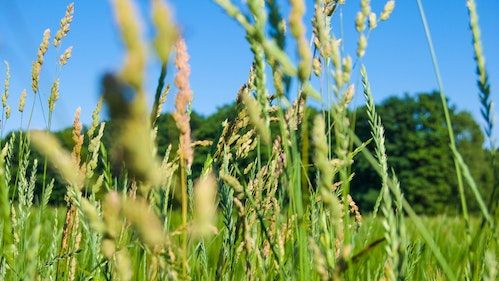
26 February 2021
On Monday, the Environment Agency published its Regulating for people, the environment and growth 2019 report. The report states that in areas that lack a good regulatory framework or resources to enforce it, things have worsened. Farming continues to be a serious cause of pollution incidents, with 9% of the worst category 1 and 2 pollution incidents being caused by agricultural activities.
Defra has confirmed that their pilot project for the Sustainable Farming Incentive scheme will launch this autumn. The new scheme is designed to reward farmers for managing their land in a nature-friendly manner and is one of the three components of the Environment Land Management scheme which is replacing the EU Common Agricultural Policy in England.
The Forestry Commission has been accused by conservationist groups including the RSPB and the Wildlife Trust of funding non-native trees that damage peatlands and rare species and habitats. Last year, the commission admitted they had made a mistake in Cumbria, where they funded a new plantation on peatlands at Berrier Farm, threatening blanket bog and grassland.
Soil has been identified as being crucial in making great whisky. An academic study settles an industry-dividing debate for whisky drinkers and producers, as it has provided proof of terroir's influence on whisky. More than 42 different flavour compounds were identified, half of which are directly influenced by the soils and climate the barley was grown in.
An article in the Guardian explores how soil carbon can reduce Australia’s emissions. Whilst the government’s roadmap says improving land management on a quarter of crop and grazing lands in Australia could draw “between 35 and 90 million tonnes of CO₂ per annum from the atmosphere while improving agricultural productivity and soil resilience”, such figures could be out of date as there are now more options available to farmers.
The use of the herbicide glyphosate on banana plantations has been identified as the cause of pollution off the coasts of Guadeloupe and Martinique. A new study found that the use of glyphosate removed vegetation, leading to increases in soil erosion and the release of a toxic pesticide, chlordecone (which ceased being used since 1993). The research highlights the impact soil erosion can have on aquatic ecosystems.
Researchers at the University of Nottingham’s Future Food Beacon and Shanghai Jiao Tong University have discovered a signal that causes roots to stop growing in hard soils. This plant signal, ‘ethylene’, can also be disabled to allow roots to push through compacted soil.